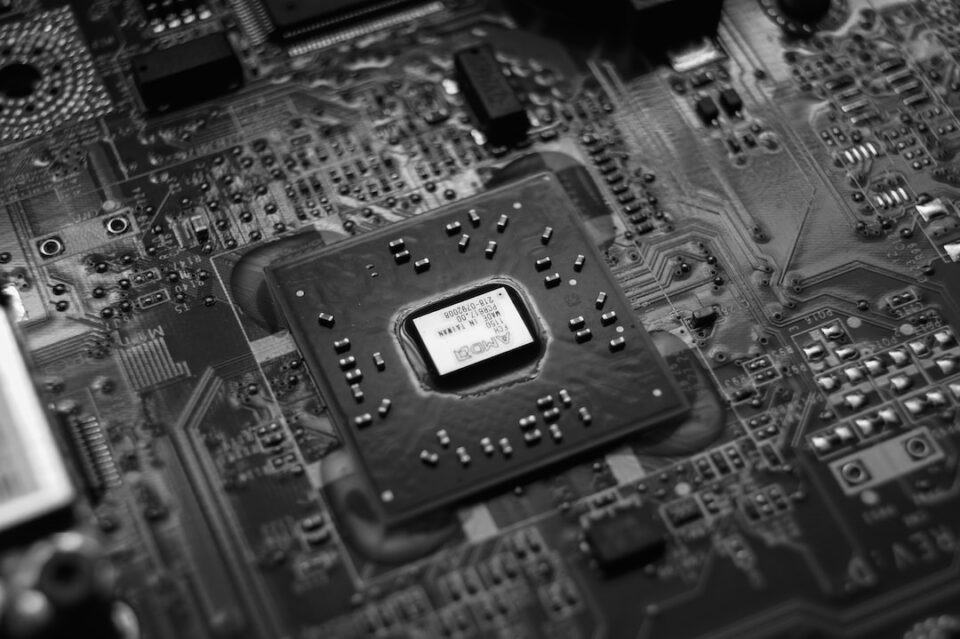The Impact of Social Media on Mental Health and Well-being
In the age of technology, social media has become an integral part of our daily lives. Platforms such as Facebook, Instagram, Twitter, and Snapchat have connected millions of people worldwide, offering instant communication and a way to share information, thoughts, and experiences. While these platforms have undoubtedly brought people closer, they also have a profound impact on mental health and well-being.
One of the most pressing concerns regarding social media is its potential to negatively affect mental health. Studies have shown a correlation between heavy social media use and increased levels of anxiety, depression, loneliness, and poor self-esteem. The constant exposure to carefully curated highlight reels of other people’s lives can lead individuals to compare themselves, often unfavorably, to others. This can create feelings of inadequacy and a distorted perception of reality, as people tend to showcase the best versions of themselves online.
Another damaging aspect of social media is cyberbullying. Individuals can hide behind the anonymity of the internet and use social platforms to harass, threaten, or humiliate others. The 24/7 accessibility of these platforms further perpetuates cyberbullying, making it difficult for victims to escape or find respite. This form of online harassment can have devastating effects on mental health, leading to feelings of fear, isolation, and even thoughts of self-harm or suicide.
Moreover, social media has blurred the boundaries between our online and offline lives. With the constant need to stay connected, individuals find it difficult to disconnect from the virtual world. This leads to a decrease in sleep quality, as people often check their devices late at night or keep them by their bedside. Research suggests that poor sleep quality can contribute to the development or exacerbation of mental health issues, such as anxiety and depression.
On the flip side, social media does have its positives when it comes to mental health. It can be a source of support, particularly for individuals with chronic illnesses or rare disorders. Online communities allow those facing similar challenges to connect, share experiences, and find solace in knowing they are not alone. Social media platforms also provide a space for individuals to openly discuss mental health, opening up conversations that were once considered taboo.
Furthermore, social media can act as a platform for self-expression and creativity. Many individuals use platforms like Instagram or YouTube to showcase their talents, whether it be in art, dance, music, or fashion. This can boost self-esteem and provide a sense of accomplishment, as these creative outlets receive recognition and feedback from a virtual audience.
Given these complex dynamics, it is crucial to establish a healthy relationship with social media. Here are some tips to protect your mental health and well-being while navigating the realms of social media:
1. Set boundaries: Establish designated screen-free times or limit the amount of time spent on social platforms. Create a balance between your online and offline life.
2. Engage mindfully: Be aware of the emotions that arise while scrolling through social media. Identify triggers or negative patterns and consider unfollowing accounts that contribute to feelings of inadequacy or negativity.
3. Foster real-life connections: While social media allows us to connect with people worldwide, nurturing face-to-face relationships is essential for our well-being. Make time to spend with loved ones and engage in activities that bring joy and fulfillment.
4. Seek support offline: If you are struggling with your mental health, reach out to professionals or support groups in your community. Social media can only offer limited support, so it is crucial to seek help from reliable sources.
5. Practice self-care: Engage in activities that promote self-care and well-being, such as exercising, meditating, or pursuing hobbies. Disconnecting from social media for short periods can also be beneficial for mental health.
Social media has undoubtedly revolutionized the way we connect and interact, but its impact on mental health is a multifaceted issue. While it can enhance our lives by providing support and creative outlets, it can also contribute to feelings of inadequacy, anxiety, and even depression. By fostering a healthy relationship with social media and understanding its limitations, we can protect our well-being while enjoying the benefits it offers.


